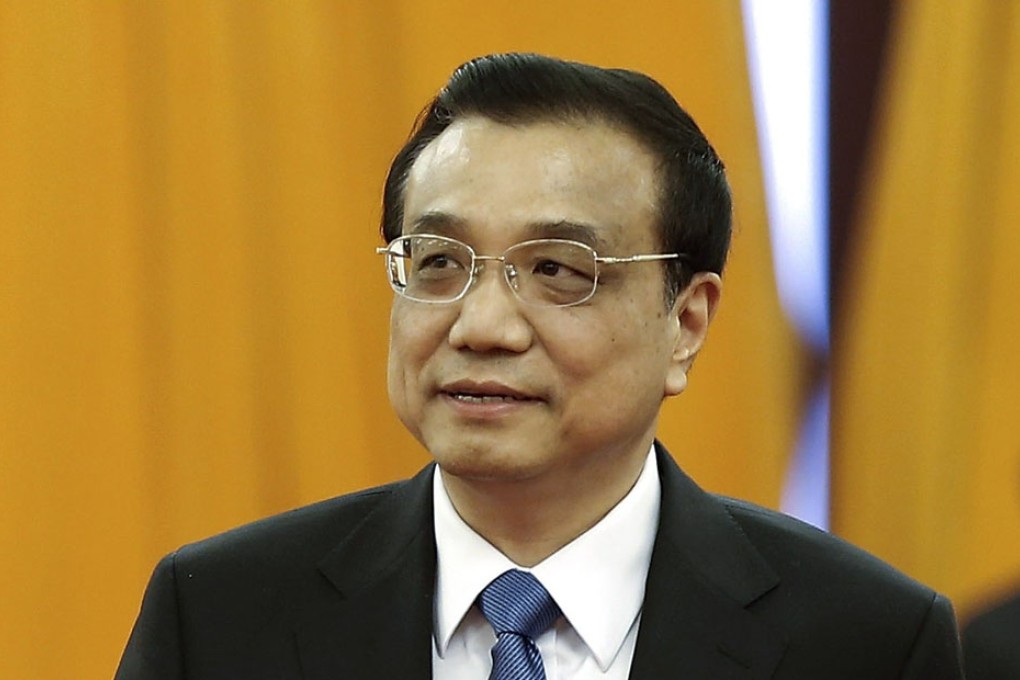Mr. Shangkong | Forget 'Likonomics', it's all about economic stimulus in China again
By using its old trick of spending its way to growth, the mainland runs the risk of falling deeper into its complicated structural problems

When Li Keqiang took over as premier early last year, he quickly became known for an economic plan called "Likonomics". According to some economists, it comprised three main parts: no stimulus, deleveraging and structural reforms. Does anyone remember this? Does Li himself remember this?
More than a year later and it has become apparent that parts, if not all, of "Likonomics" don't really work. As a result, the government has gone back to its old trick of boosting the economy, which - if you ask me - is still called "stimulus".
Last week, the State Council decided at a meeting chaired by Li to halve the income tax for more small enterprises, from the 1.2 million firms currently covered, and extend the policy to the end of 2016 to prop up the private sector and stabilise the job market.
There's no way Li [Keqiang] wants to be the first premier to miss the growth target
The government also pledged to renovate more shanty towns as part of efforts to boost housing supply for the poor and migrant workers.
Railway construction, particularly in the poorer central and western regions, would be accelerated, supported by a new development fund and railway construction bonds.
These efforts are similar to what happened during the two terms of Li's predecessor, Wen Jiabao. Wen managed to maintain economic growth during his tenure, but he was also largely blamed for creating asset bubbles that put the mainland economy at risk in the long term.
During Wen's premiership, he announced the milestone four trillion yuan (HK$5 trillion) economic stimulus plan, partly in response to the 2008 global financial crisis.
Later, the government guaranteed 10 trillion yuan in loan expansions to help maintain growth. Much of that went directly from the central bank to various infrastructure projects and local real estate investments.
